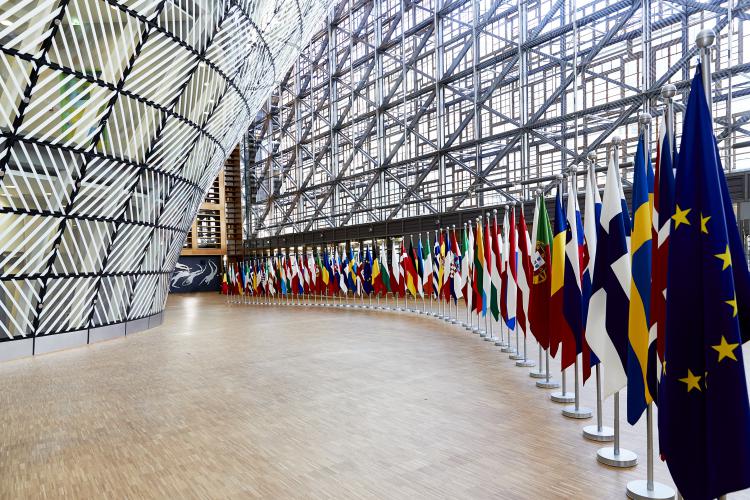A report by the Council of Europe notes that the prolongued political instability in Bulgaria is having negative effect on the respect of minority rights in the country. The report notes that there are some steps that the country is undertaking, but, overall, there is no significant progress in implementation of the recommendations that will ensure effective protection of minority rights, as defined by the Framework Convention.
Given that Bulgaria has an ever more active role in promoting the rights of individuals who belong to the Bulgarian minorities abroad, we can’t see the same efforts put in the country. Generally, there is a significant lack of awareness about the minority rights being part of the human rights, notes the report.
Bulgaria is found to not implement long standing recommendations. These include honoring the principle of free self-determination, advancing linguistic rights and ensuring full equality of all who live in Bulgaria.
Individuals who identify as Macedonians continue to demand rights under the Framework Convention, but the authorities do not recognize the existence of objective criteria, which makes the enjoyment of individual rights difficult. Also, the Pomaks have expressed desire for protection, but the authorities do not recognize their self-identification criteria, adds the report.
Results from the 2021 census are cited in the report, with the Turks and the Roma named as the largest minorities (8.4 and 4.4 percent), followed by the Pomaks, Russians, Armenians, Karakachani, Vlachs, Greeks, Jews and Macedonians.
The persons who self-identify as Macedonians have reported attempts by the authorities to discourage their self-identification. Incidents during public events have also been reported, as well as obstacles during the organization of protests, adds the report.





Comments are closed for this post.